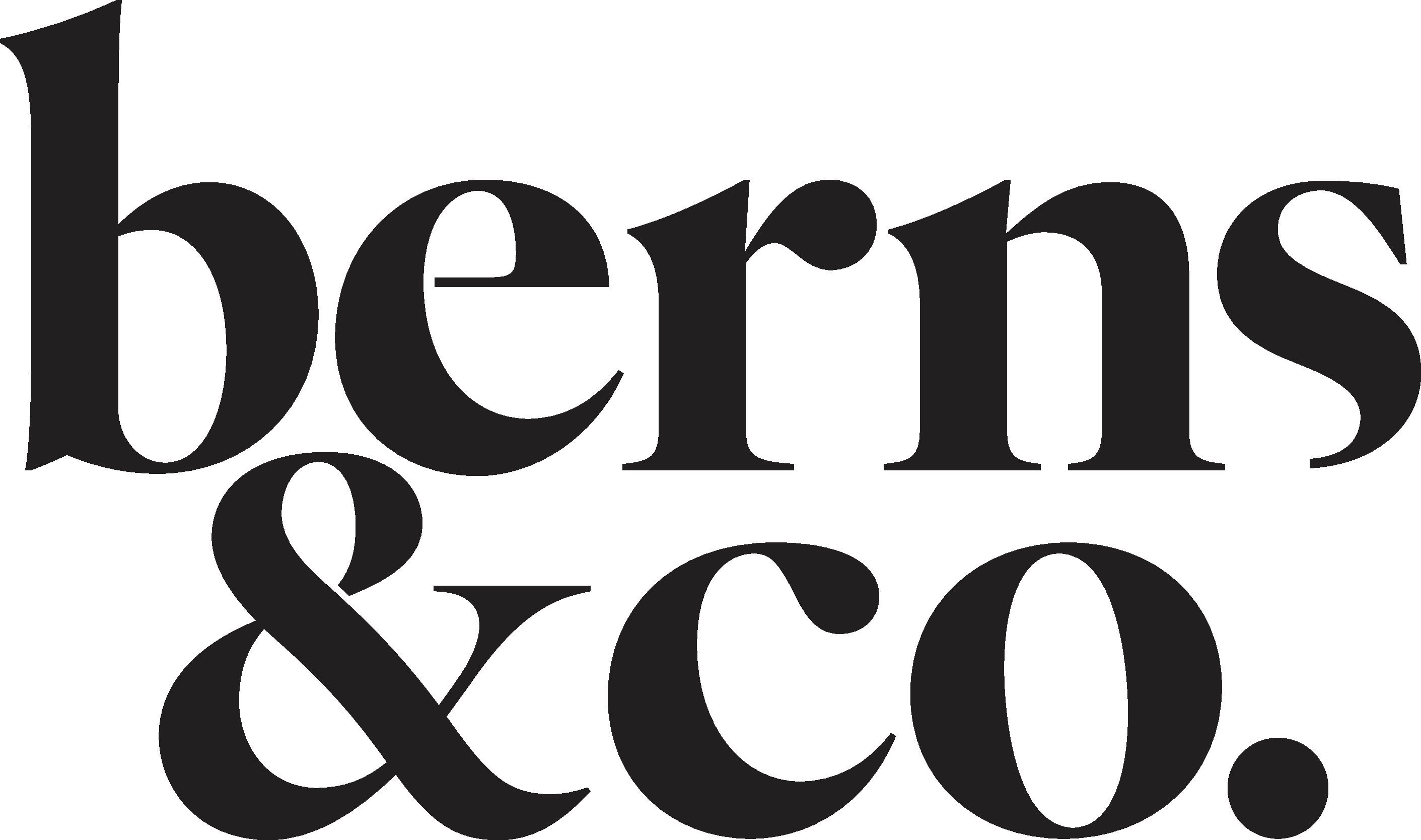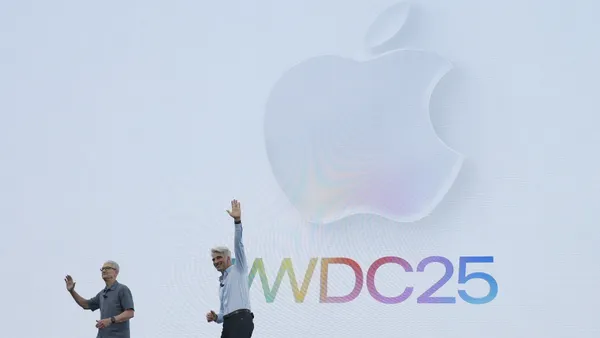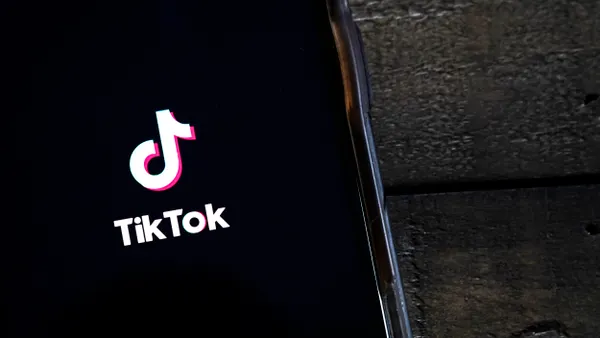Brief:
-
Mastercard, the payments giant that processed 65 billion transactions last year, said it will use Facebook Messenger to provide technology to small businesses in Africa and Asia to boost electronic and mobile payments. The company is expanding its Masterpass QR platform, which enables mobile phone owners to accept and make in-person purchases without cash or a plastic card, according to a company statement.
-
Starting with Nigeria, Mastercard will pilot a Masterpass QR bot to help businesses make the transition from cash transactions to QR payments, per a statement. The country is heavily dependent on cash, with 98% of the $301 billion of consumer-to-business transactions being conducted with paper currency, per a Mastercard study.
-
Ecobank and Zenith Bank are supporting the inaugural program in Nigeria as part of a larger plan by the two companies to get more businesses into the digital economy. Businesses can get started by sending a request to the bot to enable QR payments, receive approval from the bank, set up an account and start accepting digital payments, per a statement.
Insight:
The news points to how, as smartphone adoption continues to grow worldwide, mobile payments could offer an opportunity for cash-based economies to go digital. QR codes are the basis of popular mobile payments platforms like Starbucks' because they are relatively easy to use and can be leveraged across device types. At the same time, messaging apps like Messenger are popular worldwide and, as WeChat has shown, consumers in other countries are eager to use them for a variety of purposes, including making purchase.
Developing regions in Asia and Africa have an opportunity to leapfrog ahead into mobile payments, as urban areas of China have done in the past few years. While mobile payments have been hindered in the U.S., which has a well established infrastructure to make card transactions quick and easy, countries like Nigeria can drive faster adoption of digital payments with a phone.
For banks, that means a bigger opportunity to offer a greater range of financial services to cash-dependent small retailers that likely have never seen a need to step into a bank branch and open an account. By relying on Facebook Messenger and QR codes that can be scanned with most models of smartphones, digital payment methods have an opportunity to grow in countries like Nigeria.
Facebook has targeted developing markets for growth with such offerings as its Free Basics, a mobile app that gives users free access to a small selection of data-light websites and services. The websites don’t load data-heavy photos and videos and can be browsed without paying for mobile data. While Facebook seeks to get more people online and demonstrate how connectivity can improve their lives, the social network also has faced criticism for “digital colonialism” that doesn’t adequately serve local populations in their native language, features U.S.-based companies, gathers data about users and violates the principles of net neutrality, per the Guardian. Facebook has a chance to extend goodwill to developing markets by making payments easier.











